2001
I wasn’t onstage when I experienced my first panic attack but I had one onstage soon after. We were sound-checking at the Exit/In and in the middle of a song, I felt all my energy drain right out of me. I drained from head to toe as if I’d sprung a leak. My band were extremely cool about the situation. They didn’t pressure me too much. They were encouraging. But in the end, I didn’t play the show that night. They went on without me, as a two piece and played an abbreviated set. I never rejoined them.
The thing was: none of us knew to call it a panic attack. When I’d had the first one — assuming it was just a panic attack — I’d gone to the ER where the medical professionals didn’t call it a panic attack. They just took all my vitals, put a lot of fluid in me, and drew some blood. My physician didn’t call it a panic attack. He ran some tests and told me to come in during one of those drained moments when he could test my blood sugar. Eventually, he referred me to a psychologist for anxiety.
That first psychologist wasn’t much of a help but subsequent ones have been. Even still, it was six years before I was on a stage again. That mixture of doubt, fear, and embarrassment was tough to overcome even a little. It all felt like being on the edge. Like it could happen again any time.
2011
In 2008, I started performing regularly again, even more than before. I was a solo artist and a lot more flexible to play gigs. By 2011, I booked an ambitious cross-country tour (not a lot of dates, but a lot of driving). My departure date was marred by the kind of un-plan-able nonsense that accompanies any two-thousand mile car journey. The problem was: I had a sort of gig that night, six hours away in Phoenix, Arizona.
In fact, every gig I’d booked was a six to eight hour drive from the last. So I couldn’t sleep it off and make up the driving the next day. The “gig” in Phoenix wasn’t even a gig. It was a songwriter / spoken word showcase thing that I’d called to make sure I could play when I didn’t have success booking another show in town. It turned out that anyone could have played it but I can’t even call it an “open mic” because there was no mic. I should have forgotten about it and gone to bed early. But I didn’t.
In addition, I hadn’t eaten well all day. I hadn’t drunk enough water. I pushed it to make it to Phoenix in time. When I arrived, I was a nervous, tired, dehydrated, hungry wreck. I still performed that evening. I had visions of passing out while playing, falling on my guitar, and ruining my “tour.” But I pressed through them.
I don’t know if I ate anything after the show. I didn’t sleep well. The next morning, I was consumed with anxiety. I couldn’t sleep because I was afraid of oversleeping. I couldn’t relax because every second I stayed in Phoenix meant I was risking being late to the next gig. I called two friends who told me to push on. I sweated. I couldn’t explain to them what was going on in my head and in my body.
What killed me more than lack of sleep, hunger, and the fear of being late to a show was the idea that if I didn’t push on, the anxiety won an even bigger battle than it had ten years earlier. After all, I’d gone through the anxiety ringer already. I’d conquered it to an extent. I’d gone through therapy. I’d started meditating. I played open mics or shows almost every week. I had a set I could play like clockwork. I wasn’t in my jittery twenties anymore. This was hitting me as a man approaching middle age.
I turned around and drove back to California.
The performing musician’s secret
In recent years, a close friend who had seen me go through the unnamed panic attacks in 2001, started having his own issues with anxiety before playing shows. He probably always experienced pre-show anxiety but his previous unhealthy coping strategies had finally failed. His doctor prescribed him beta blockers and told him it was the performing musician’s secret.
While it helped in the short run, the drug is hardly a miracle cure-all. Beta blockers inhibit adrenaline, a key ingredient in playing live rock ’n’ roll. What the drug’s popularity reveals is the more prevalent “performing musician’s secret”: a huge number of us experience some form of anxiety.
Coping strategies and lessons
I had hoped therapy and meditation could settle my anxiety but I learned that those were just prophylactic measures — practices which might curb anxiety but didn’t eliminate it. When anxiety gets loose, it could still wreck a five day tour across the southern states, cost me a plane ticket, and create another mystery in my psyche that I would have a hard time explaining to friends and family.
Living with anxiety requires finding healthy coping strategies that work to reduce the causes of anxiety and panic attacks. You can’t fight anxiety during an attack. And you can’t magically wish it away because you meditated a week ago.
A coping strategy that worked was that I learned to let go of so many expectations about shows. If I was rehearsed and reasonably well-rested, I could perform a great set no matter the crowd or lack thereof. When I’d been in a band in my twenties, I was constantly anticipating the rush of the show before the actual show. I wasn’t a distance runner but a sprinter who wore himself out by imagining the race all day.
Preparation calmed my nerves for a long time. I had a huge catalog of songs that I kept fresh by creating ten song sets to practice almost every day. I never had that comfort in a band. I had long associated playing a set of songs with a drive along a narrow precipice. It was a dangerous balancing act and I was just glad to survive it. Being able to settle in and get comfortable with playing songs over and over greatly reduced the worries that lead to my anxiety.
Also, minimalism works for me. It’s great because it’s an aesthetic and a philosophy that I love, but it’s also a coping strategy. The less baggage I carry physically and emotionally, the less anxious I am. I learned to love showing up to gigs with just a guitar and hoping the sound guy had a cable for me. I also figured out how take my own sound with me without needing a large footprint. With the right size amp, a good mic, a lightweight stand, a toolbox, and a hand truck to cart it all around, I could play anywhere.
The real practice
I don’t think I can beat anxiety. I can only work at the things that reduce its likelihood of attacking. The coping strategies that were successful to a degree — detachment, rehearsal, minimalism — those are more of a way of life now. The real practice is in breathing better, getting enough sleep, staying hydrated. I can look at it as a constant struggle or a fitness regime. Either sounds pretty depressing to me.
What I’m sure of is that I’m not alone in this struggle / regime. While there are plenty of those beautiful, composed people who can sing a song in front of any crowd with no worry in their heads, there are also millions of us who know we can’t get the boulder over the hill so we’re just trying not to get crushed when it rolls back down.
Here’s to you. Breathe into your diaphragm and know there are others who understand what you’re going through.

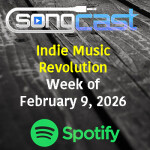
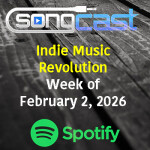
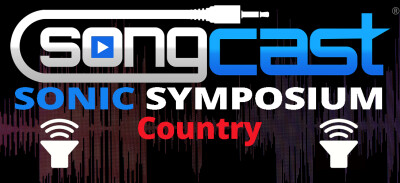
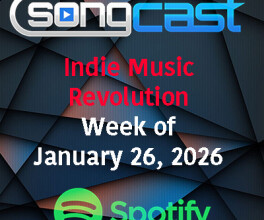
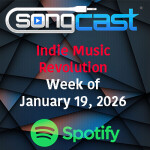
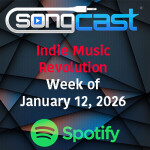
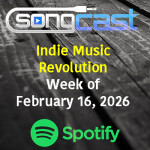
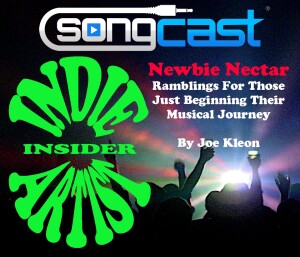

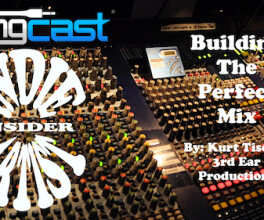

































Comments
No comment